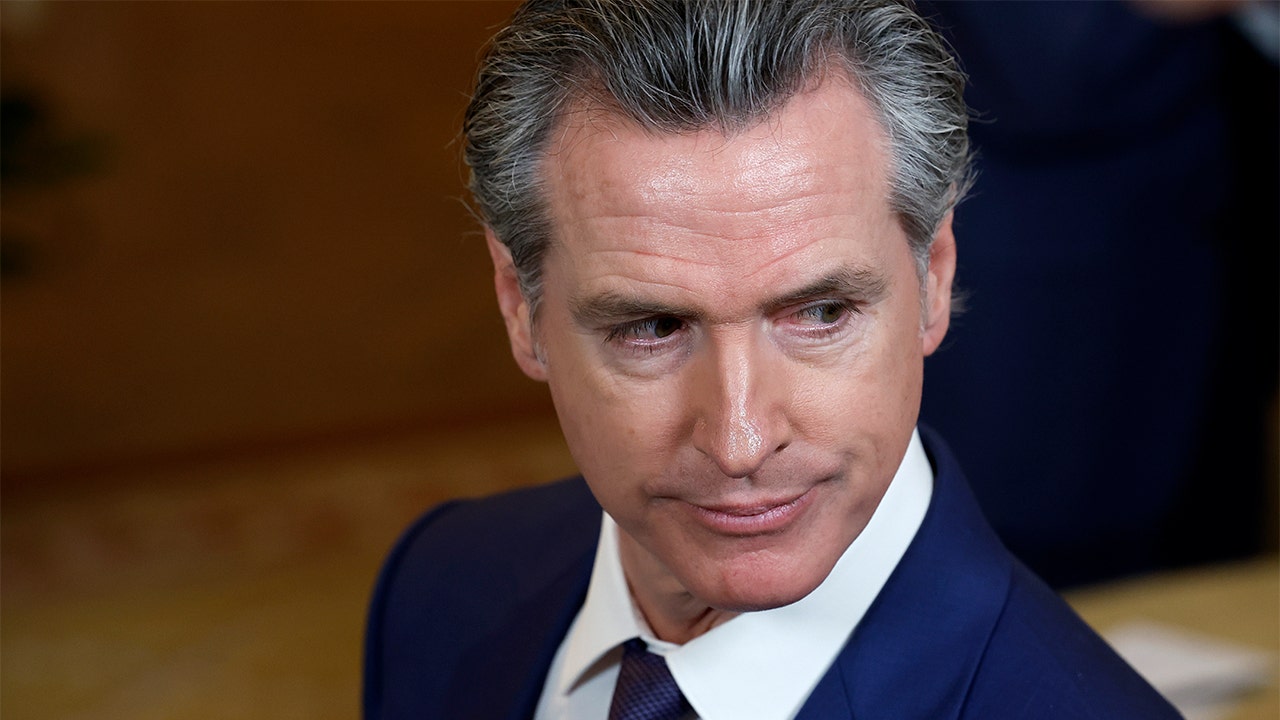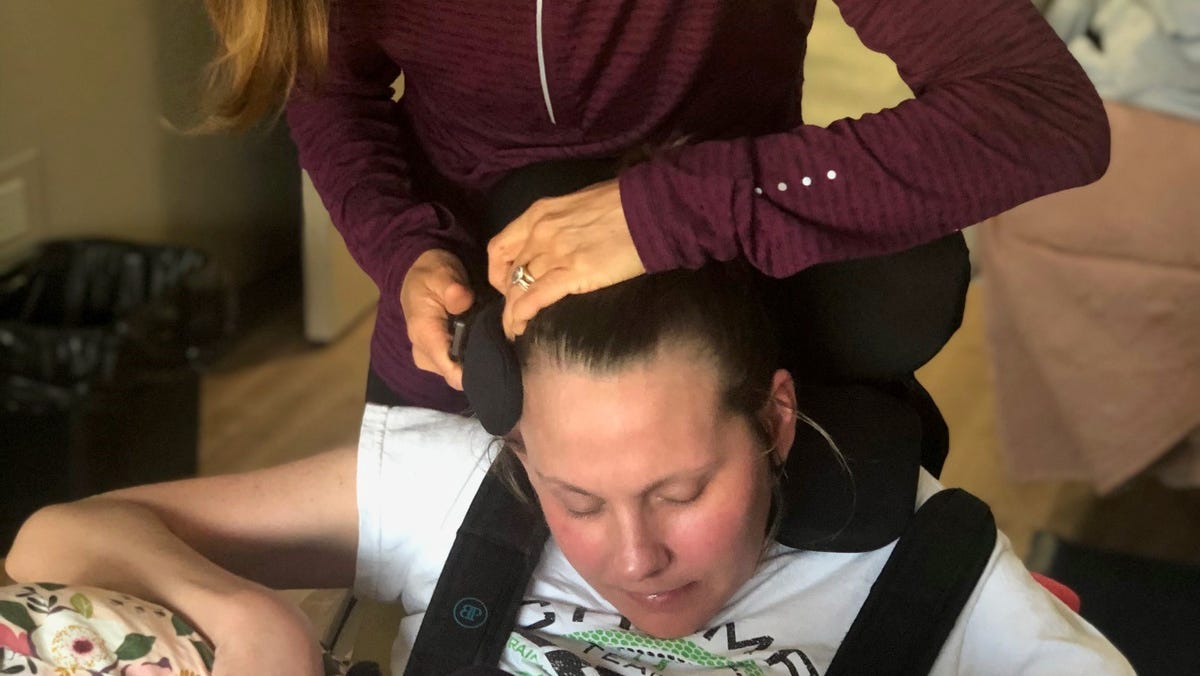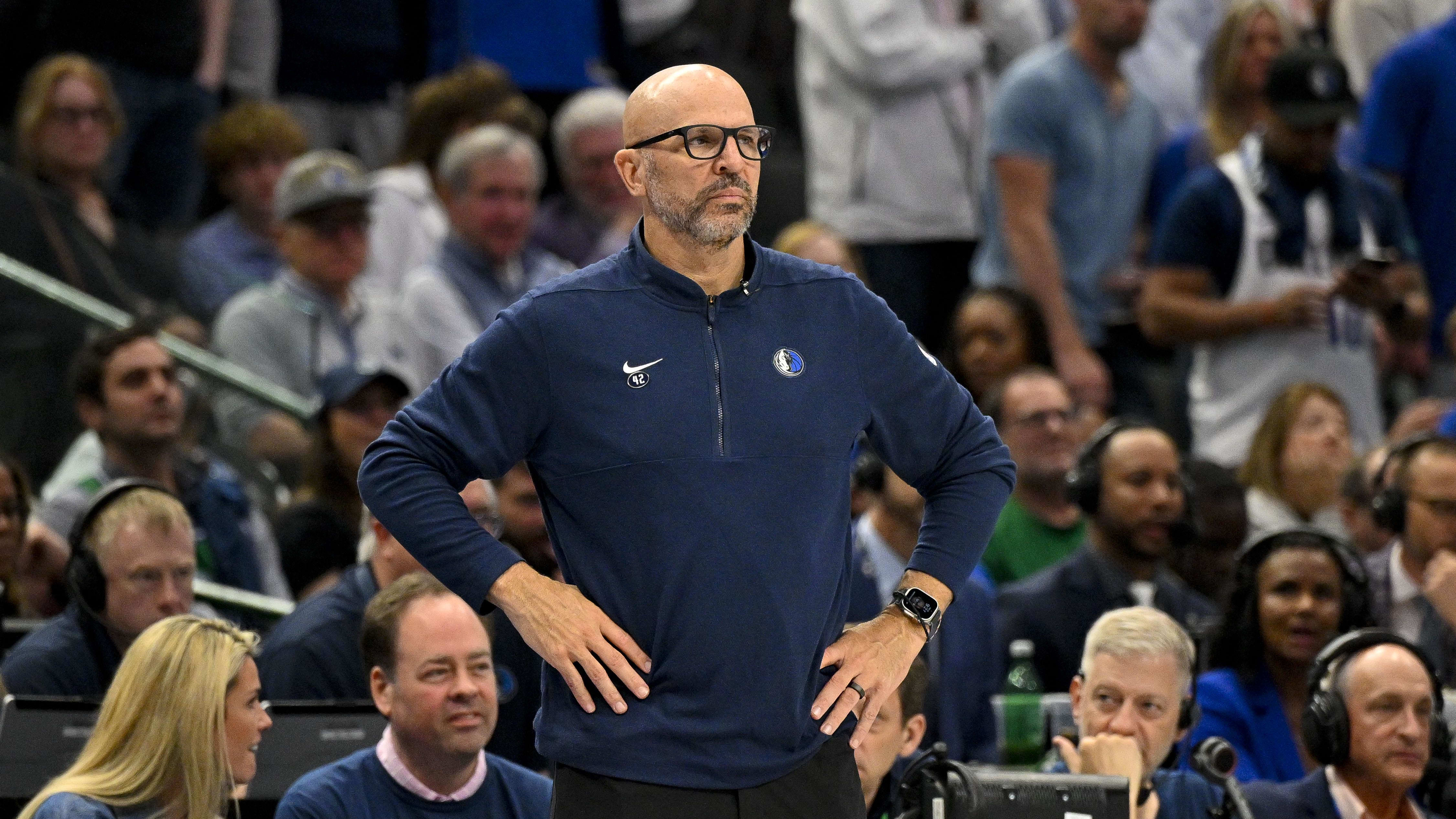North Carolina
Why three NC medical students think an anti-DEI bill would be a disaster for medicine • NC Newsline

Washington, Hyde, Gates, and Yancey are four of the North Carolina counties without a single pediatrician, OB-GYN, or psychiatrist. This is not uncommon — 20 of our state’s counties lack a pediatrician, 26 lack an OB-GYN, and 32 lack a psychiatrist.
These provider shortages disproportionately impact rural and low-income communities and would likely worsen under a new proposal introduced by eastern North Carolina Congressman Greg Murphy.
Misleadingly entitled the “Embracing Anti-Discrimination, Unbiased Curricula, and Advancing Truth in Education (EDUCATE) Act,” the bill would block U.S. medical schools from receiving federal funding if they support Diversity, Equity, and Inclusion (DEI)-related policies or programs.
At present, DEI offices support medical education pipeline programs that train low-income and rural students, who are more likely to return home to practice medicine.
Also on the chopping block: medical education programs for underrepresented students, patient advocacy initiatives and health equity certifications, needs-based scholarships, and LGBTQ+ affirming care training.
North Carolina is a diverse state with diverse needs. Beyond enhancing our medical education, DEI initiatives improve the quality of care for our patients. As medical students enrolled in three of our state’s medical schools, we believe the EDUCATE Act would harm our patient communities and should not win approval.
When our medical workforce is diverse, our patients thrive. Research shows that patient satisfaction and key clinical outcomes such as cholesterol screening rates and medication adherence improve when healthcare providers share the same racial or ethnic background as their patients.
Over the last decade, North Carolina has become significantly more racially and ethnically diverse, particularly with the growth of our Hispanic and Asian populations. Following the Supreme Court’s ban on affirmative action, DEI programs at medical schools are even more important to ensure that the state develops qualified medical students who are representative of our population.
In addition to improving medical education, DEI offices offer many programs that improve the health of communities. DEI outreach and pipeline programs connect students who are underrepresented minorities in medicine, of low socioeconomic status, and from rural areas to academic enrichment resources that support them in becoming qualified medical school applicants and future doctors. Such programs are critical to addressing primary care shortage areas, as physicians from underserved communities are more likely to work in these communities.
Health providers can also partner with DEI offices to educate their colleagues about the specific needs of individual communities and to advocate for increased patient access to high-quality care. DEI programs support collaboration between medical student groups, hospital leadership, and patient communities in organizing training sessions that enhance care for marginalized patient groups. Such sessions foster the growth of high-quality patient-physician partnerships and are associated with improved patient satisfaction. DEI offices also catalyze health professional involvement in initiatives that seek to improve the health of all patients and students, regardless of their demographic characteristics.
Critics of DEI initiatives claim that they could lead to harmful consequences for patients under the false assumption that DEI casts aside merit and “admits students based on their race, gender, or religion.” What these critics fail to acknowledge, however, is that all medical students undergo an extremely rigorous admission selection process and are required to meet the same academic and clinical standards to become licensed physicians.
Other critics argue that DEI places an undue burden on physicians to fix larger social issues. Yet, omitting education about the social factors affecting health would be a disservice to patients whose social needs may influence their most optimal treatment plans. We support a medical curriculum that is evidence-based, comprehensive, and factual.
From fostering the growth of qualified medical school applicants to advocating for the health needs of marginalized patient populations, DEI initiatives benefit the health workforce and patients alike. The Association of American Medical Colleges, American College of Physicians, and American College of Obstetricians and Gynecologists recently released statements in opposition to the EDUCATE Act. As concerned future physicians who recognize the need for DEI programs in North Carolina and nationwide, we urge members of the United States Congress to oppose the EDUCATE Act.
This essay reflects the individual views of the authors and does not represent the views of their medical institutions.

North Carolina
Why are flags flying at half-staff in North Carolina?

Four law enforcement officers killed in North Carolina shooting
Charlotte police say U.S. Marshals were killed while trying to serve a warrant when suspects started shooting at them
United States and North Carolina flags at state facilities are flying at half-staff in North Carolina to honor the lives of four officers slain in a shootout on Monday, April 29.
Gov. Roy Cooper made a statement on the lowering of flags in an April 30 news release.
“Yesterday, North Carolina and our country lost four heroes who made the ultimate sacrifice in the line of duty working to protect our communities,” Cooper said. “Our prayers are with their friends and families as they navigate this difficult time and we remember and honor the lives of these law enforcement officers.”
Why are the flags at half-staff in North Carolina?
Cooper ordered flags to be lowered to half-staff to honor four officers who were shot to death in a standoff in Charlotte, N.C., on Monday.
The news release named Samuel “Sam” Poloche and William “Alden” Elliott, both 14-year veterans of the N.C. Department of Adult Corrections who served in the Special Operations and Intelligence Unit. Poloche joined the unit in 2013, Elliott in 2016 after each served several years as probation/parole officers. Officer Joshua Eyer was a six-year veteran of the Charlotte Mecklenburg Police Department. A Deputy U.S. Marshal, who has not yet been publicly named, was the fourth officer killed.
4 Charlotte, NC officers killed: Suspect named, two people being questioned after 4 officers killed serving warrant in NC
How long will flags be at half-staff?
The U.S. and N.C. flags will be flown at half-staff beginning immediately and will remain at half-staff until sunset on Friday, May 3.
Why do flags fly at half-staff?
Usa.gov states that the American flag flies at half-staff when the country or a state is mourning. The president, a state governor or the mayor of the District of Columbia can order flags to fly at half-staff.
An American flag flying at half-staff generally indicates one of these three things:
- The death of a government official, military member or emergency first responder.
- A national tragedy.
- Memorial Day or another national day of remembrance.
Where will flags be flown at half-staff?
Cooper ordered all state facilities in N.C. to fly flags at half-staff.
While only state facilities are ordered to lower flags, the news release encouraged individuals, businesses, schools, municipalities, counties and other government subdivisions to fly flags at half-staff for the duration of time indicated to honor the fallen officers.
Is it half-mast or half-staff?
Previous reporting from Memphis Commercial Appeal explained that flags are flown at half-mast on ships and at naval stations ashore, and at half-staff elsewhere.
Iris Seaton is the trending news reporter for the Asheville Citizen Times, part of the USA TODAY Network. Reach her at iseaton@citizentimes.com.
North Carolina
Boviet Solar Invests $294 Million in North Carolina: First Manufacturing Facility in North America Signals Growth in U.S. Solar Industry

Boviet Solar Technology Co. Ltd., a leading Vietnamese solar energy technology company specializing in monocrystalline PV cells, announces its decision to establish its inaugural production facility in North America, specifically in Greenville, Pitt County, North Carolina. The facility, representing a $294 million investment, is set to create approximately 908 skilled local jobs and bolster the region’s economy.

The company’s move signifies its commitment to the U.S. solar market and aims to meet the growing demand for renewable energy solutions. Boviet Solar’s expansion into North Carolina follows its successful track record of PV cell and module production in Vietnam.

The manufacturing facility will initially focus on producing Boviet Solar’s TOPCon N-Type cell-based Monofacial and Bifacial PV modules for various applications, including residential, commercial, industrial, and utility-scale projects. Phase one of the project will utilize existing infrastructure, while phase two involves constructing a state-of-the-art factory on 34 acres to manufacture PV cells.

Scheduled for completion in Q1 2025, the facility is expected to output 2 GW of solar panels and 2 GW of PV cells annually, significantly contributing to the local clean energy sector.
North Carolina Governor Roy Cooper expressed his enthusiasm for welcoming Boviet Solar to the state, highlighting North Carolina’s reputation as a hub for clean energy and its supportive business environment.
Representative Don Davis of North Carolina’s 1st District emphasized the positive impact of Boviet Solar’s investment in the region, noting its contribution to innovation and sustainability efforts.
Greenville Mayor P.J. Connelly echoed the sentiment, underscoring the collaborative efforts that led to attracting Boviet Solar to the community and the significant economic benefits it brings.
Boviet Solar’s decision to establish a manufacturing facility in North Carolina underscores its dedication to providing high-quality, locally-made PV modules and its commitment to sustainability and innovation in the U.S. solar industry.
Related
North Carolina
Multiple officers killed while serving warrant in North Carolina

Watch CBS News
Be the first to know
Get browser notifications for breaking news, live events, and exclusive reporting.
-

 Education1 week ago
Education1 week agoVideo: Dozens of Yale Students Arrested as Campus Protests Spread
-

 World1 week ago
World1 week agoShipping firms plead for UN help amid escalating Middle East conflict
-

 World1 week ago
World1 week agoEU sanctions extremist Israeli settlers over violence in the West Bank
-

 Politics1 week ago
Politics1 week ago'Nothing more backwards' than US funding Ukraine border security but not our own, conservatives say
-

 Politics1 week ago
Politics1 week agoDemocrats hold major 2024 advantage as House Republicans face further chaos, division
-

 Politics1 week ago
Politics1 week agoFetterman hammers 'a–hole' anti-Israel protesters, slams own party for response to Iranian attack: 'Crazy'
-

 World1 week ago
World1 week agoPeriod poverty still a problem within the EU despite tax breaks
-

 Politics1 week ago
Politics1 week agoA battle over 100 words: Judge tentatively siding with California AG over students' gender identification

















